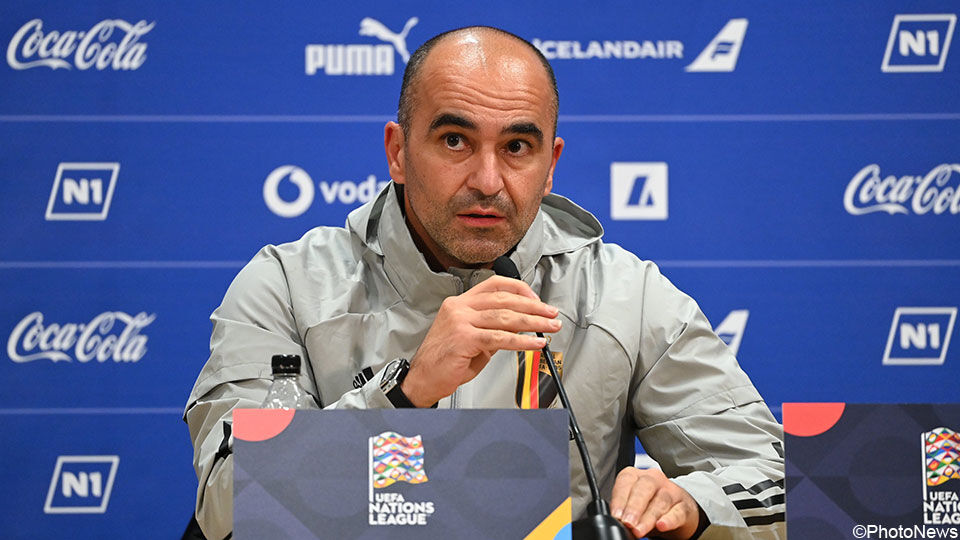Nevada –
A man in the United States has contracted COVID-19 twice and the symptoms he experienced the second time developed even more harm than the first, according to a report to doctors.
The 25-year-old man required hospitalization after he became deprived of oxygen due to impaired lung function.
Reinfection was rare and the man has now recovered.
However, the study, published in the Lancet Infectious Diseases, raises questions about the body’s level of immunity to the virus.
But the study, in the Lancet Infectious Diseases, raises questions about how much immunity can be built up against the virus.
The man from Nevada has neither any health problems nor an immunity deficiency that makes him particularly vulnerable to COVID.
What happened and when?
- March 25 – First wave symptoms, including sore throat, cough, headache, nausea and diarrhea
- April 18 – He tests positive for the first time
- April 27 – Initial symptoms were completely healed
- May 9 and 26 – Twice negative
- May 28 – She has symptoms again, this time including fever, headache, dizziness, cough, nausea and diarrhea
- June 5 – Test positive for the second time, and hypoxia (low blood oxygen) with shortness of breath
Scientists say the patient contracted the coronavirus twice, and it wasn’t the initial infection that became inactive and then developed again.
A comparison of the viral genetic code taken during each symptom attack shows that the codes are too different to be caused by the same infection.
“Our findings suggest that previous infections may not necessarily protect against future infections,” said Dr Mark Pandori, of the University of Nevada.
“The possibility of reinfection could have significant implications for our understanding of immunity to COVID-19.”
He said even recovered people should continue to follow guidelines around social distancing, face masks and hand washing.
BBC
Scientists are still struggling with the bizarre problem between the Corona virus and immunity.
Has everyone become immune? Even people with very mild symptoms? How long will the protection last?
These are important questions for understanding how the virus will affect us in the long term and may have implications for vaccines and ideas like herd immunity.
So far, reinfection appears to be rare – there are only a few examples of the more than 37 million confirmed cases.
Reports in Hong Kong, Belgium and the Netherlands say they are no more serious than the former. One case in Ecuador reflects a more severe US case, but does not require hospital care.
However, currently it is still the initial period of the pandemic’s early days, and according to records of previous cases related to the Corona virus it shows that protection is expected to decrease.
As countries experience a second wave of the virus, we may start to get clearer answers.
Previously there had been assumptions that the second wave of COVID-19 infections would be lighter, because the body had learned to fight the virus for the first time.
It remains unclear why the patient from Nevada became seriously ill the second time around. One idea is that he may have been exposed to larger doses of the virus.
It is still possible that early immunity exacerbates the second infection. This has been documented with diseases such as dengue fever, in which antibodies created in response to one strain of dengue virus cause problems if infected by another.
Paul Hunter, of the University of East Anglia, said the study was “very concerning” because of the small time gap between the two infections, as well as the severity of the second infection.
“Given the fact that to date more than 37 million people have been infected, we hope to hear of more incidents if very early reinfection with severe disease is common.”
“It is too early to say with certainty what the implications of these findings are for any immunization program. But these findings reinforce the point that we still don’t know enough about the immune response to this infection.”
(nvc / nvc)
– .


